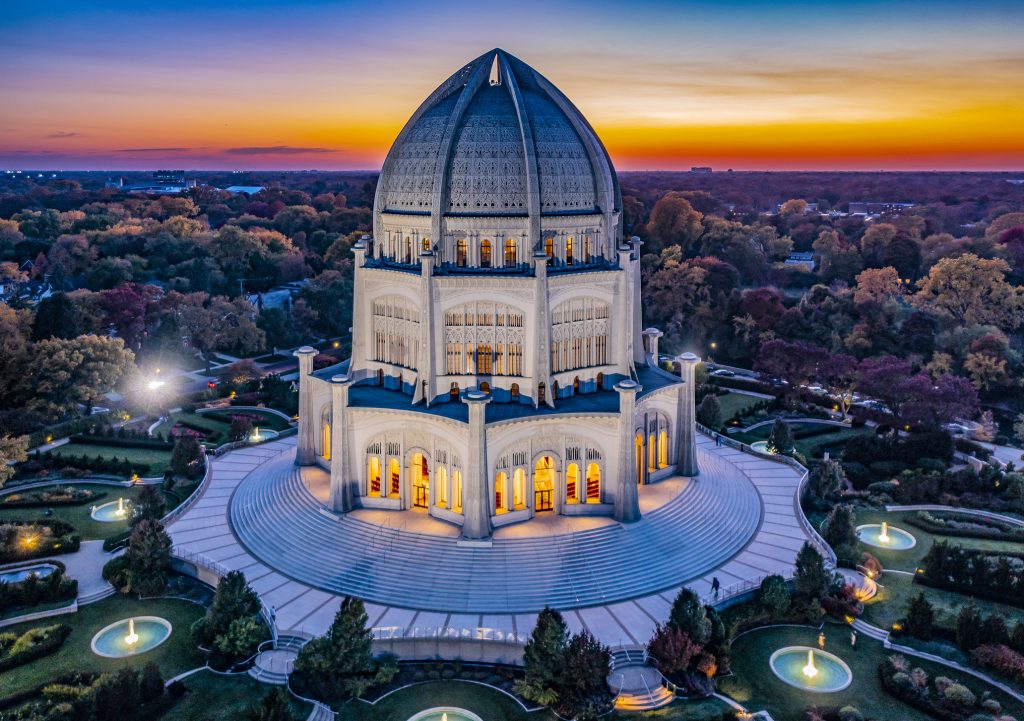Freedom of / from Religion in Pubic Spaces? About New Law Proposal in Israel
Pablo Lerner is a professor of law at the Zefat Academic College and the College of Law and Business in Ramat-Gan (Israel).
Last year a draft law was presented in the Israeli parliament[1] regulating a variety of issues regarding religion in public spaces. In particular, the law prohibits public authorities from interfering with the putting on of, or the helping of others put on, tefillim[2] (phylacteries) in public spaces. The draft law also prohibits public authorities from impeding the act of praying in a public space or public building. However, in a synagogue or educational institution, authorities may require that any prayer be conducted according to local Jewish custom. The draft law also establishes the duty to install a mezuzah[3] (scroll case) in public buildings.


